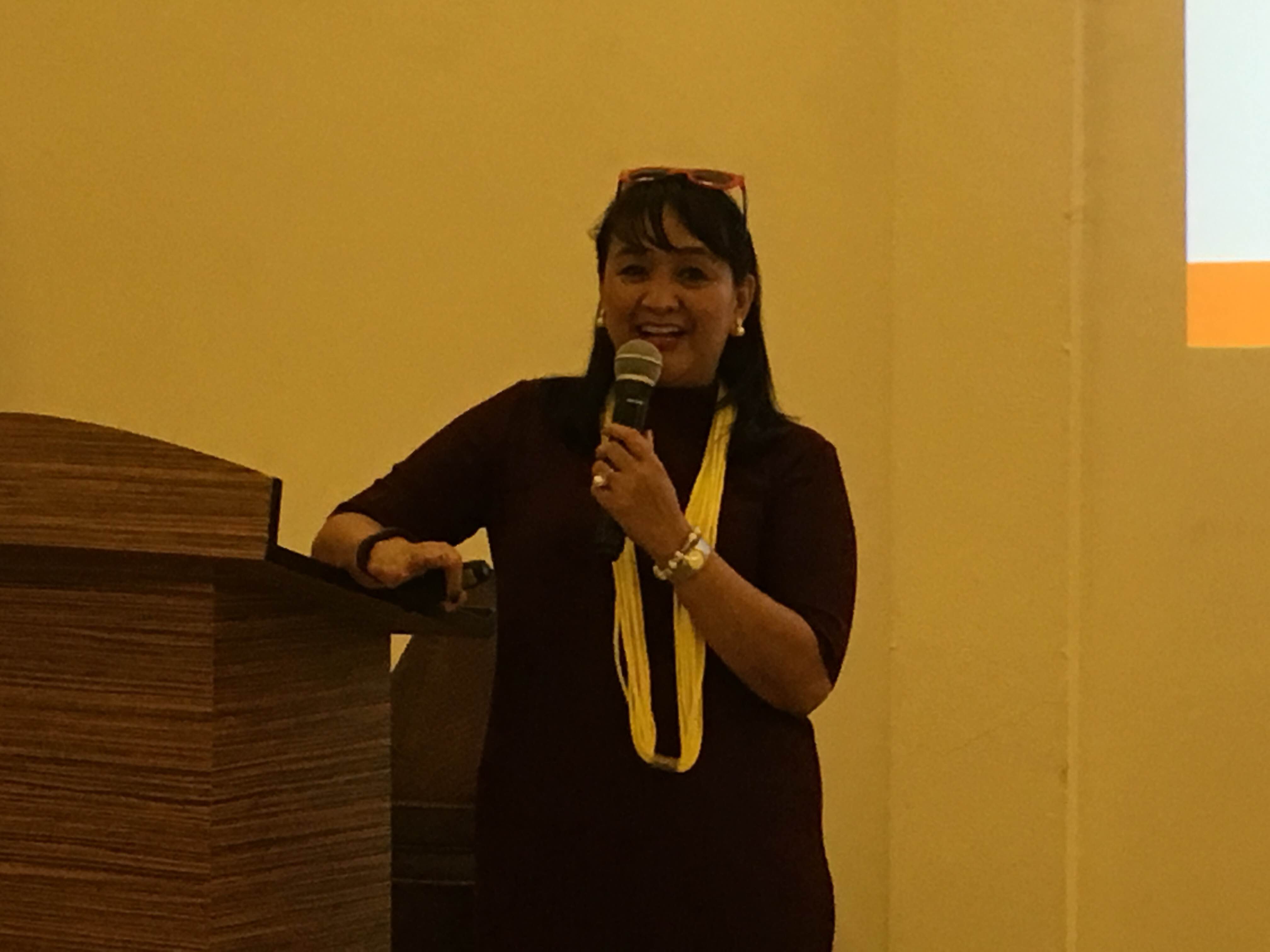Mrs. Diaz was consulting for acne for Aliyah, her 27-year-old daughter. Aliyah, a bright young woman, is very athletic, according to her mom. She loves gymnastics and swimming, which is why she is slim. She had always wanted to be a nurse so she studied in one of the colleges offering the said course while staying in a dormitory.
Everytime Mrs. Diaz visited her, she noticed Aliyah was getting heavier and heavier. She also noted pimples showing up on her baby’s face, but she thought it was just part of growing up. But when she came home after several months more, Mrs. Diaz was alarmed to see Aliyah’s face full of acne, her hair greasy and she was really fat, with tiny hairs starting to grow all over her body. She said this had all developed over several months, even though her diet or lifestyle had not changed. Aside from these changes, Aliyah also complained of having painful, heavy, very irregular periods which made her skip class.
Mrs. Diaz took Aliyah to see a skin specialist, who prescribed various tablets and creams, which really didn’t do much to help the situation. Her doctor sent her to a dietitian who said she needed to lose weight. Aliyah was also advised to go slow on sweets and carbohydrates to improve her acne. Since her hair still looked normal at that time, nothing was done to improve on it.
Many more months passed, and Aliyah complained of being unwell, feeling tired and cold most of the time, listless and with no energy. Mrs. Diaz also noted that Aliyah was more temperamental and depressed most of the time. That was when Mrs. Diaz decided to visit me. We checked Aliyah’s blood pressure, heart rate, and body temperature --all of which were low.
I told Mrs. Diaz to consult an obstetrician-gynecologist for Aliyah’s irregular menstruation and to call me when they are already with their OB. A scan confirmed the presence of the typical “string of pearls” cysts in the ovaries, which are consistent with Polycystic Ovarian Syndrome (PCOS). Aliyah is currently co-managed by myself and her obstetrician. I just started her on her acne regimen.
Polycystic Ovarian Syndrome is a common hormonal disorder that affects five to ten-percent of women. It refers to the multiple, mini “cysts” which form in the ovaries of some women who suffer from the condition. These cysts are actually egg sacks or follicles that instead of growing, fail to mature and to ovulate (or the failure to release an egg) as they normally would. That is they stall, instead releasing relatively higher male hormones (androgens) into the blood, causing a range of health problems.
It is a condition marked by an imbalance of female sex hormones which then causes an array of symptoms affecting the menstrual cycle, fertility, skin, and hair, and even puts
women at risk for health problems such as diabetes.
Women with PCOS do not react normally to insulin. When sugars hit their blood stream, their body requires extra insulin to process the sugar (women with PCOS do not process carbohydrates properly). Higher levels of insulin have several effects in different areas of their body, including messing with their ovaries. The insulin molecule is very similar in shape to another molecule that has receptors in the ovary. Insulin then falsely attaches to the ovary, causing it to release too much male hormone, leading to unwanted skin and hair changes (that is, ovaries produce excess androgens producing male characteristics like deepening of the voice and male hair distribution). The extra male hormone gets converted to excess estrogen in the fat cells, which prevents ovulation. Estrogen is the hormone responsible for creating the blood and nutrient-rich lining of the uterus. A normal amount of estrogen makes a healthy lining for an embryo to implant. With PCOS, there is an elevated level of estrogen, creating excess tissue, leading to heavy, crampy periods. In extreme untreated cases, it can lead to precancer of the uterus. This explains, too, why one of the biggest concerns about PCOS is that having babies might be a struggle. The excess insulin makes weight loss more difficult, too, leading to obesity. Patients struggle with their weight. It’s not for lack of trying but more because their insulin quickly stores carbohydrates as fat and makes it difficult for them to lose it.
The symptoms of PCOS are pretty rough to deal with and can make a patient feel unattractive. Patients usually lose some of their scalp hair (androgenetic alopecia) but increase hair growth in other body parts (that is, hirsutism, which is the most common complaint). Their skin also develops several changes. They develop moderate-to-severe acne, seborrhea (similar to dandruff), pigmentary problems like acanthosis nigricans (dark patches of the skin with thick velvety texture which may be a sign of a more serious health problem, such as prediabetes). It’s that darn testosterone and insulin actually. Since many of the manifestations include the skin and hair, patients with PCOS are usually seen first by a dermatologist and then co-managed by an ob-gyne, too. Other manifestations are: early development of pubic hair (before eight in girls and before nine in boys); boil-like lumps in the armpits, groin, and under the breasts; persistent oily skin and acne; skin tags in the armpits, under the breasts or in the groin; diabetes mellitus, especially likely in obese patients; high blood pressure; elevated body fats; cardiovascular disease, especially coronary artery disease.
source: Philippine Star
http://www.philstar.com/health-and-family/2016/10/04/1629935/when-your-hormone-becomes-problem








